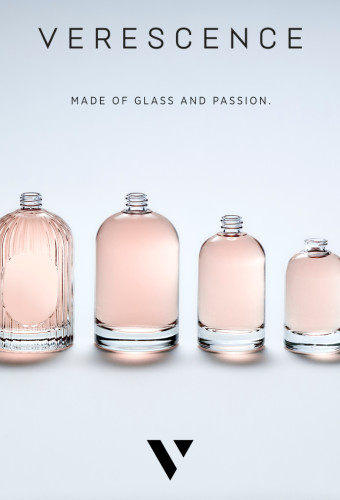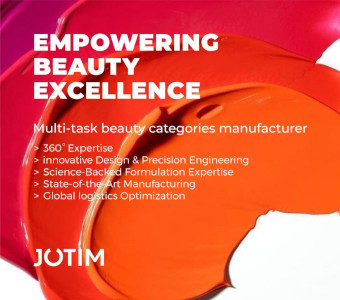
Premium Beauty News - The authentication of raw materials and ingredients used in cosmetics seems to have become a crucial matter. How do you explain this assay frenzy?
Nicole Giraud - Demand is indeed strong on the market for the authentication of cosmetic substances. To explain this growing phenomenon, a number of factors come into play: the increasing use of natural ingredients, traceability and safety requirements and the search for increased sustainability. All this generates new needs for visibility and transparency throughout the supply chain.
The regulatory background also plays an important role. The requirements of the Nagoya Protocol on access to genetic resources and the fair and equitable sharing of benefits arising from their utilization thus imply a precise identification of the genetic signature of plants and organisms concerned.
In this context, DNA Gensee offers DNA-based analysis to ensure quality and safety of supplies. This allows players in the cosmetics industry to have some factual data on the authenticity of what they have bought. In cosmetics, it enables to ensure that what was supplied is in line with the R&D specifications and to control the presence or absence of contaminating or adulterating plants. As part of regular supplies, especially in the perfume sector where people work with high added value ingredients, it is also an important means of quality control. We provide unequivocal scientific evidence and this is what companies ask.
The need for control is no longer limited to R&D and Q&A departments. As part of CSR, Marketing or Purchasing departments can express a need to control their supplies. Even distributors and traders do checks!
Premium Beauty News - On what types of products do you work?
Nicole Giraud - On all natural raw materials, mainly plants or algae. But we don’t limit ourselves to raw materials; we can also analyze derived products such as oils, for example. Genetic analysis enables to check the origin of oils, to control possible adulterations. For honey, we can even identify all the plants on which the bees went foraging.
We can even work on highly "processed" finished products, like shampoos.
Premium Beauty News - But analyzes are not strictly limited to conformity controls?
Nicole Giraud - No, of course not. In many cases, it has more to do with a product valorisation approach. This can help a Company obtain a certification or improve a rating. The activity of DNA Gensee is based on a logic of proofs. The DNA guarantee also allows going upmarket and prove to customers the reality of what is claimed.
Premium Beauty News - What are the limits of these analyzes?
Nicole Giraud - The only limit are when you have to work on products where some DNA originating from the initial plants still remains. In cases where the manufacturing process destroys the entire DNA present, no analysis is possible except by analyzing less processed products. It is also possible to work on samples coming from the upstream stages of the process and thus see where the DNA was retained or degraded. DNA trackers make it possible to characterize processes which are gentle and friendly to the selected raw materials.
The question of costs is less and less a obstacle because these decrease very quickly. Over the past six years, they have been divided by three thanks to technological advances and market development.
We have chosen to invest in a next-generation sequencer (NGS) and we can analyze simultaneously nearly 350 million genetic sequences.



































